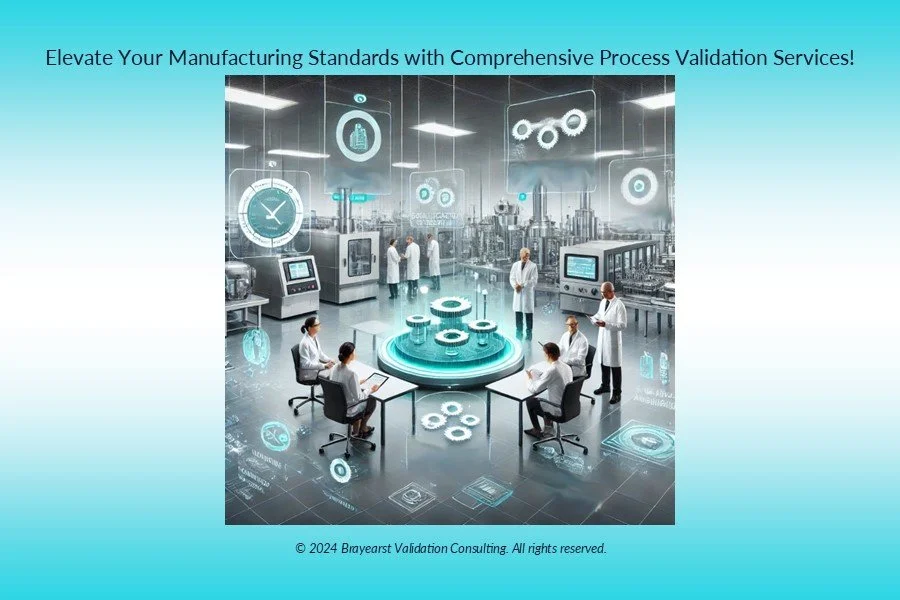What is Meant by Process Validation?
Process validation is a crucial aspect of quality assurance in manufacturing, especially in the life sciences and medical device industries. It ensures that a process consistently produces a product meeting its predetermined specifications and quality attributes. This systematic approach is vital for maintaining product safety, effectiveness, and regulatory compliance.
Understanding Process Validation
Process validation involves several key stages:
Process Design: This is the initial phase where the process is defined based on knowledge gained through development and scale-up activities. The goal is to design a process that consistently produces products that meet quality requirements.
Process Qualification: In this phase, the process design is evaluated to determine if it can reproduce consistent quality. This involves:
Installation Qualification (IQ): Verifying that equipment and utilities are installed correctly.
Operation Qualification (OQ): Ensuring that the equipment and systems operate according to their full range of intended use.
Performance Qualification (PQ): Confirming that the process produces the expected outcomes under real-world conditions.
Continued Process Verification: This ongoing phase ensures that the process remains in a state of control during routine production. It involves regular monitoring and documentation to detect any deviations or trends that might affect product quality.
Why is Process Validation Important?
Process validation is not merely a regulatory requirement but also a critical component of quality management. Here are a few reasons why it is essential:
Regulatory Compliance: Regulatory bodies such as the FDA require process validation to ensure that manufacturing processes are consistent and controlled. Non-compliance can lead to product recalls, fines, and loss of market approval.
Quality Assurance: Validated processes ensure that every product meets quality standards, reducing the risk of defects and ensuring patient safety.
Cost Efficiency: By identifying and controlling variables that affect product quality, companies can reduce waste, minimize rework, and improve overall efficiency.
Statistics and Insights
According to a recall trends report by the FDA, about 50% of product recalls in the pharmaceutical industry are due to failures in the manufacturing process. This highlights the critical role of process validation in preventing such costly and potentially harmful incidents.
Brayearst Validation Consulting: Your Partner in Process Validation
At Brayearst Validation Consulting, we specialize in providing comprehensive process validation services tailored to the needs of the life sciences and medical device industries. Our expertise leverages Six Sigma methodologies to ensure your processes are optimized for quality and compliance.
Whether you need assistance with process design, qualification, or continued verification, we are here to help. Contact us today to learn more about our services and how we can support your validation needs.
About Brayearst Validation Consulting
Brayearst Validation Consulting leverages Six Sigma methodologies to provide targeted validation services for the life sciences industry. We specialize in process, cleaning, software, and analytical test method validation, ensuring compliance with FDA requirements while optimizing operations for efficiency and quality. Our team combines technical expertise with a deep understanding of regulatory standards to deliver process-driven validation documents that withstand rigorous auditor scrutiny. From strategy development to study execution, we empower our clients to achieve operational excellence and bring high-quality products to the market with confidence.

